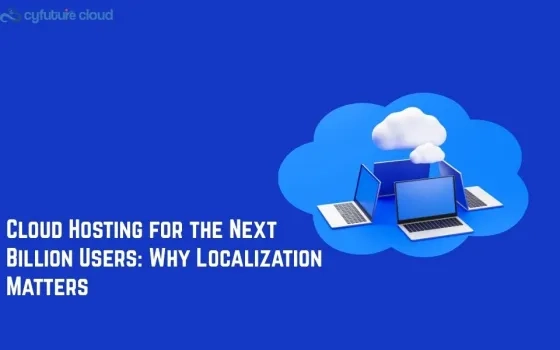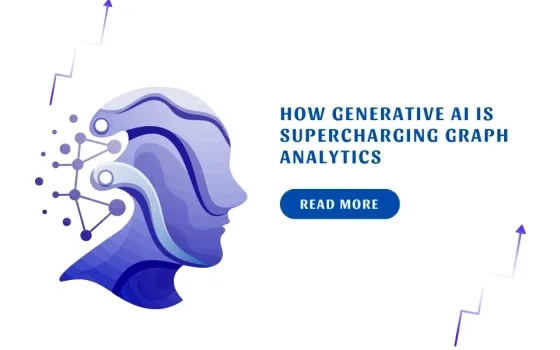Investors have embraced responsible portfolio management strategies to encourage sustainable enterprises and support socio-economic development. Meanwhile, customers refuse to buy from a brand that fails to curb labor malpractices, pollution, waste generation, and petroleum consumption. This post will describe the business case for sustainability to increase awareness about these trends.
What is Sustainable Business Development?
A company engages in sustainable business development when it revises its operations, product design, and resource allocation to contribute to social and environmental problem resolution. It is not about pretending to be eco-friendly or slowing industrial progress. Instead, sustainability for business ensures companies can thrive without harming social harmony and Earth’s resources.
Today, business leaders leverage sustainability consulting services to navigate modern regulations demanding more responsible corporate approaches. Besides, several pressing matters range from safekeeping consumer data to making workplaces more inclusive.
At the same time, multiple compliance guidelines have overwhelmed managers. So, it is imperative to embrace a tech-led strategy. It will help increase your firm’s compliance across all the major frameworks, like the ones described below.
-
Environmental, social, and governance (ESG) reporting,
-
Task force on climate-related financial disclosures (TCFD),
-
Global Reporting Initiative (GRI),
-
And the EU taxonomy.
How Can a Business Balance Profitability, Ethics, and Sustainability?
The older the organization, the more challenges you must overcome to go green. An excellent method is multistakeholder brainstorming. Let customers, suppliers, employees, business associates, and investors chime in and provide improvement ideas.
Another indirect approach involves extensive data gathering, insight extraction, and reporting. Using automated computing systems, companies can monitor the policy dynamics in the target markets and improve specific operations in realistic stages.
They do not need to transform all practices and risk productivity loss. Since they will utilize data from authoritative sources, their decisions will also have a sound foundation. Available technologies can involve ESG data solutions tailored for private companies, financial materiality estimates, controversy analytics, and risk forecasting tools.
Finally, leaders, board directors, and the rest must periodically evaluate their business sustainability initiatives. If they notice some strategies becoming obsolete, they must devise appropriate action plans to rectify such issues.
Advantages of Business Sustainability
1| Efficient Resource Consumption
Pollution and carbon risk mitigation require brands to replace conventional energy systems with greener alternatives. This renewable energy transition allows companies to rationalize how they allocate resources to operations. Moreover, they can reduce dependence on public infrastructure for power and water using modern technologies.
Treating and reusing water might not be suitable for all enterprises. However, the scope of these practices encompasses offices, factories, and post-sales product maintenance. In other words, you want to consider the entire product lifecycle to increase your ESG ratings and positive impact potential.
Integrating green technology to fulfill the efficient resource consumption requirements makes you more competitive and attracts more investors. Therefore, business profitability increases thanks to sustainability accounting compliance.
2| Resilient Supply Chains
Socio-economic and ecological threats limit your enterprise’s growth potential. They endanger the well-being of consumers and supply partners. Consider how environmental problems, political chaos, or social issues hinder free transportation, making timely product delivery more arduous.
However, brands can voluntarily work toward building a peaceful, green, tolerant, and resilient community. They must collaborate with employees, educators, policymakers, and local stakeholders. After all, most corporate social responsibility (CSR) projects aimed at literacy increase, women empowerment, and cyber safety awareness create opportunities to create a more stable world.
Aside from social disharmony threats, your supply chain is often vulnerable to fraud, region-specific quality norm inconsistencies, and controversies. You cannot eliminate these risks, but you can reduce the harm they might cause using predictive analysis and contingency plans. Many sustainability frameworks address these aspects in their reporting guidelines.
3| Long-Term Stakeholder Relationships
Responsible consumption and a solid supply chain increase an organization’s reputation. Socially conscious customers prefer companies that realize the cost of human-caused industrial activities. Therefore, they want leaders to embrace business sustainability, transparent communication, and ethical human resource practices.
Simultaneously, social networking sites (SNS) have empowered individuals to voice their disappointment with brands that fail to improve compliance. So, customers will likely stop purchasing from you if you lag behind competitors in sustainable business development.
Conversely, corporations with adequate CSR programs get loyal customers, free press, positive value association, and investor goodwill. They become leaders in establishing new industry norms while others struggle to understand sustainability accounting principles.
Precaution: Greenwashing is Not a Business Case for Sustainability
Consider the following:
-
What can anyone do if companies manipulate their financial and carbon disclosures?
-
Will investors, regulators, and customers trust other brands who also report on sustainability or ESG performance metrics?
-
What types of green claims can an organization include in its marketing campaigns?
-
How do we verify that a brand’s reported CSR outcomes are genuine and tangible?
-
Can ESG disclosures backfire and expose your company to controversies and misinformation attacks?
These are legitimate fears expressed by many because of the greenwashing cases. The perpetrators use deceptive verbal and design tactics to boast about on-paper CSR achievements with no on-ground impact. Some claimed they use 100% renewable energy by cunningly omitting crucial reporting elements. Others had suppliers employing child labor in life-threatening working conditions.
Greenwashing hurts stakeholder trust in ESG, TCFD, and GRI documentation. When one company receives greenwashing allegations, others in the same industry also attract criticism. Sooner or later, the media picks up the story, and the hard-earned brand reputation evaporates into infinity.
Avoid greenwashing and disassociate with partners, municipalities, and suppliers doing it.
Conclusion
Leaders who recognize the significance of sustainable business development are visionaries. They know their business can thrive if the consumers, employees, investors, and regulators are happy with their work. So, the world has witnessed a rekindled interest in ethics-driven corporate attitudes and investment strategies.
Reducing byproduct generation, enforcing anti-harassment policies, and adopting practical data governance standards make brands more sustainable. Their supply chain resilience increases while more stakeholders trust them.
Nevertheless, greenwashing risks prevent organizations and investors from unlocking the full potential business sustainability use cases. Therefore, all the stakeholders must be honest with compliance reporting. It is okay if your ESG ratings are low because you can implement initiatives and work with experts to improve them.
In the end, only transparency matters. Without it, sustainability reporting will become a worthless formality. However, with the proper oversight, the opposite will happen, and your organization will surpass all competitors while solving social and environmental problems.





















